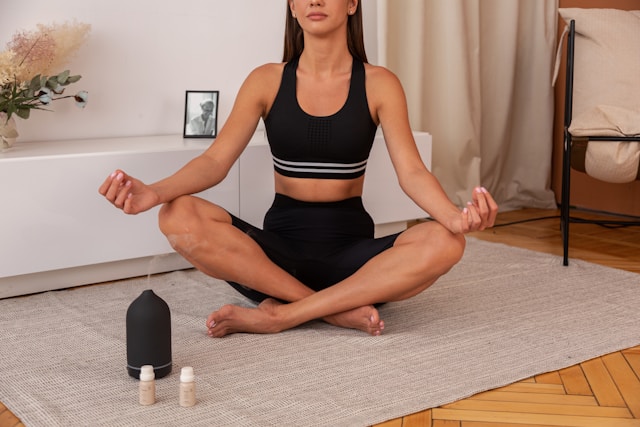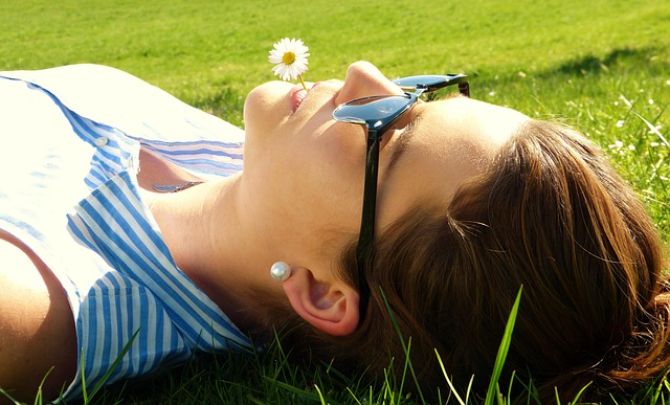Relaxation techniques are more than just pleasant ways to unwind; they hold the potential to create significant improvements in physical health. As people juggle the complexities of daily life, they must find methods to relax.
See how these techniques can result in reduced stress, improved cardiovascular health, and better immune function. Once we get familiar with the physiological effects of relaxation methods, we can appreciate their role in maintaining well-being.
The Science Behind Relaxation Techniques
The main purpose of relaxation techniques is to counter the body’s stress response and promote a state of calm. Deep breathing, meditation, and progressive muscle relaxation work on the principle of reducing muscle tension and encouraging a sense of peace. As the body calms down, so does the heart rate and blood pressure for better circulation. Scientific studies indicate that practicing these techniques can result in lowered cortisol levels and reduce the risk of stress-related diseases.
The physiological changes achieved through these methods improve mental well-being and encourage physical health improvements. Evidence continues to accumulate, highlighting how simple practices can lead to positive, lasting changes.
Incorporating Edibles for Relaxation
For those seeking additional methods to improve relaxation, cannabis edibles can be beneficial. Edibles offer a unique approach to relaxation and provide a controlled dosage of CBD or THC that can alleviate anxiety or stress. Consuming edibles can have prolonged effects compared to other consumption methods, allowing for deeper relaxation that may outweigh the benefits of traditional techniques. Opt for high-quality products from a dispensary like https://chronicguru.com/texas-dispensary/ so that users enjoy a safe and reliable experience. Individuals looking to integrate edibles into their routines should start with lower doses and gradually increase them to find their ideal level. Combining these with traditional relaxation practices can amplify their effects and contribute to a more comprehensive wellness strategy.
Benefits for Cardiovascular Health
Numerous studies illustrate how relaxation techniques contribute to cardiovascular health. Stress is a known risk factor for heart disease, and reducing it can lower blood pressure and improve heart function. Regular practice of relaxation methods can result in a lower resting heart rate and decreased blood cholesterol levels.
People engaging in relaxation techniques showed remarkably lower blood pressure than those who did not. This improvement aligns with healthier lifestyle choices, such as diet and exercise, that may follow from reduced stress. Find time to engage in these activities to spur positive changes in cardiovascular health and improve your quality of life. Individuals are encouraged to consider how relaxation methods could benefit their mental well-being and heart health.
Better Immune Function Through Relaxation
Stress negatively impacts immune function and makes people more susceptible to illness. Relaxation techniques can bolster the immune response, increasing the body’s ability to fend off infections. People who partake in regular relaxation exercises report fewer illnesses than those who experience higher stress levels. When the body relaxes, the production of stress hormones decreases, and the immune system regains strength.
The connection between relaxation and a strong immune system illustrates how these techniques carry both physical and mental health benefits. Take some time to relax to maintain optimal immunity.
Long-Term Commitment to Relaxation Practices
To experience lasting benefits, you should demonstrate a long-term commitment to relaxation practices. Individuals should view these techniques not as a quick fix but as part of a holistic approach to health. Establish a daily routine that incorporates moments of relaxation to build resilience against stressors. Over time, they may find it easier to access a state of calm when challenges arise.
Consistent practice can strengthen the mind-body connection and increase awareness of how stress affects the physical state. Those who prioritize relaxation tend to report greater satisfaction and enjoyment in life, highlighting the importance of such commitment.
The Effects of Stress on the Body
Stress arises from various sources: work, relationships, and financial pressures. Rapidly increasing levels of stress can have detrimental effects on the body, including heightened blood pressure, fatigue, and digestive issues. Chronic stress is known to contribute to heart disease and diabetes.
When the body perceives stress, it enters a fight-or-flight response, which can lead to an overproduction of cortisol and adrenaline. These hormones are necessary for immediate responses and can be harmful when present in excess over time. Addressing the sources of stress and using techniques to mitigate its effects allows individuals to lead more balanced lives.

Integrating relaxation techniques into daily life can result in substantial physical health improvements. From reducing stress and improving cardiovascular function to boosting immune response, the benefits are clear.
The importance of committing to these practices over time cannot be overstated, as lasting change takes dedication. Prioritizing relaxation is a required step toward a healthier and more fulfilling life.
